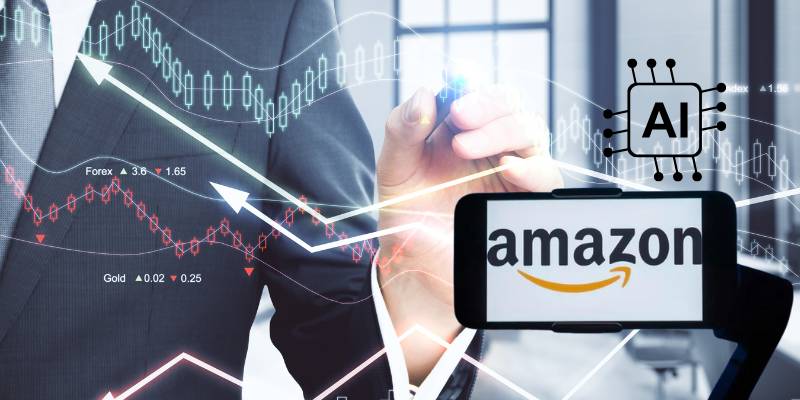Amazon has quietly been reshaping how its finance department works, leaning on artificial intelligence not just to crunch routine spreadsheets but to take on some of the heavy-lifting in strategic decision-making.
According to a recent report, the company’s accountants, tax experts, and analysts are now using generative AI tools for complex tasks like tax compliance, revenue modeling, and even assessing long-term investment risks. It’s not about replacing people with robots—it’s about changing the very texture of financial work.
Think about it: for years, finance workers were buried in repetitive chores, from reconciling invoices to hunting for anomalies in transactions. Now, AI models can slice through oceans of data in seconds, flagging inconsistencies and even suggesting solutions.
Amazon isn’t alone here; Microsoft is rolling out Windows AI Labs to test similar experimental features, including ones that could end up embedded in workplace apps used by finance teams worldwide.
Still, there’s something to be said about the risks. AI in finance is only as good as the data it chews on, and biased or incomplete data can lead to costly mistakes. Regulators aren’t blind to this, either.
India’s finance minister recently warned that rules must keep pace with AI adoption, especially in industries like banking and corporate finance where the stakes couldn’t be higher.
It’s one thing if a chatbot gives you a bad recipe suggestion, but quite another if an AI model misjudges risk exposure on a billion-dollar deal.
And then there’s the money trail itself. Tech giants like Tencent are tapping into bond markets to bankroll AI infrastructure, showing just how much cash is being thrown into this arms race. Finance teams aren’t just using AI—they’re helping to finance AI. Talk about meta.
What strikes me most is how this changes the vibe of the finance profession. I’ve spoken to accountants who say they’re relieved to let go of the soul-crushing tasks, but they also admit there’s an uneasiness: “If AI can do my boring work, what’s stopping it from coming for the interesting parts too?”
That tension—between relief and dread—feels like the heartbeat of this story. Amazon’s leap into AI-driven finance may be pragmatic, but it also puts human workers in a new kind of spotlight: adapt, oversee, and add value in ways a machine can’t. At least, not yet.

